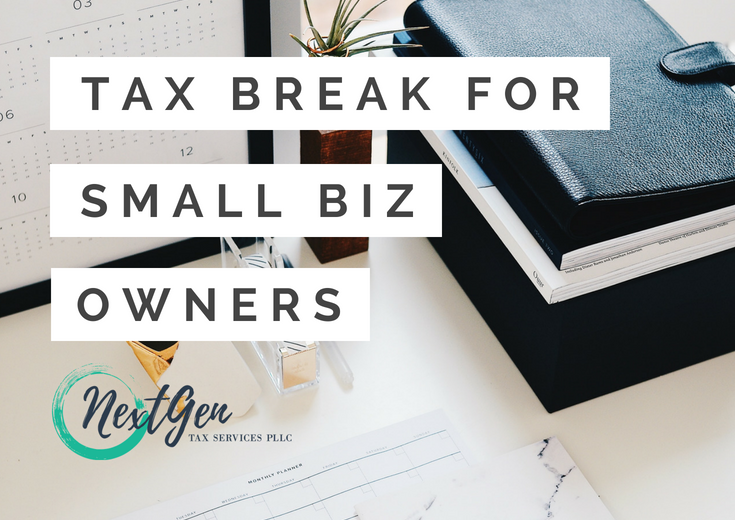The Tax Cuts and Jobs Act of 2017 (TCJA) brought sweeping changes to the tax code. One of the most significant impacts of the TCJA is the changes in how small businesses can be taxed. In short, it incentivized small businesses to be taxed as an S-Corporation in order to take advantage of a long list of new tax breaks. This resulted in a lot of business owners taking the advice of their CPA and electing to be taxed as an S-Corporation during 2018. Here are the top 3 things business owners need to know to ensure they can take full advantage to the new tax law.
1. You need to be taxed as an S-Corporation
It only takes a quick google search to see the overwhelming benefits that taxation as an S-Corp has over a sole proprietorship. Many people mistakenly think that if they have created an LLC, that they have created the structure needed to obtain the tax benefits of business ownership. While the LLC creation is a crucial first step, it is also important to elect to have that LLC taxed as an S-Corporation. Need guidance on how to do that? Check out our blog post here that steps you through how to file the election.
2. As an S-Corporation, you now have 2 tax returns.
Once you have formalized your business, and filed the S-Corp election, you’ll now need to file both a business and personal income tax return each year. While it in an additional return, the related costs for filing the return is completely offset by the decrease in taxes created by establishing this structure. If this is a change from your prior year status as a sole proprietorship, you need to be aware that you now have two separate returns to file.
3. Your S-Corporation return is due March 15th and must be filed FIRST.
The IRS deadline for the S-Corp return is a month before the deadline for your personal return. This timing is by design, because the S-Corp return must be filed BEFORE the personal return. In short, the income and expenses for the business are reported in the S-Corp return. The resulting net profit or loss is then captured on a form called the Schedule K-1. The K-1 is then a utilized in the preparation of your personal return. Therefore, the S-Corp return must be done first to allow the Schedule K-1 to be issued and used in the personal return.
If you are a year one filer of a S-Corp return, we highly recommend that you consult with us. We will work with you to ensure your small business takes advantage of the new tax law, and are fully compliant with all filing requirements.









